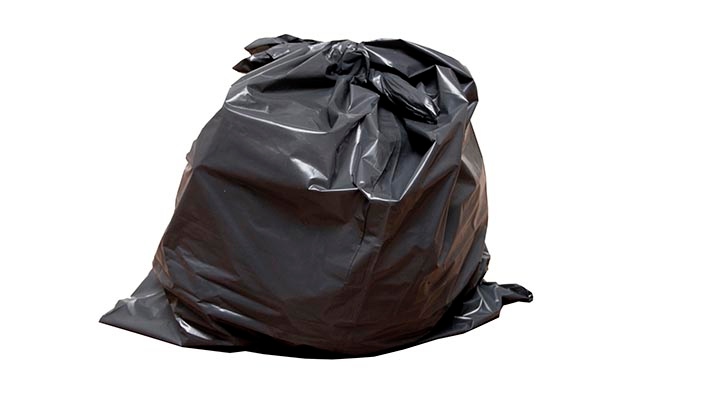Did you know that around 40 percent of food in the United States is never eaten? That’s nearly 300 pounds per person, per year.
It’s absolutely crazy to consider that on average a family of four throws away $1,500 worth of food each year — even crazier when you consider one in every eight Americans doesn’t have enough food to eat.
Eating that food instead would be like taking home an extra paycheck while saving you a couple trips to the store. Eating that food can be good for your personal health, and it definitely helps the health of the planet. (There’s that triple bottom line again.)
Here are a few eye-opening stats, courtesy of the Natural Resources Defense Council:
- 20 percent of the food we buy goes bad before we eat it.
- 90 percent of us throw food away too soon, thinking it’s gone bad or finding the expiration date on the package confusing.
- There is more food in landfills than anything else. It contributes more to climate pollution than all the cars in the state of Georgia.
- All food production requires water, whether it’s a whole food or processed. Did you know you’d have to run your shower for
- 42 minutes to equal the water needed for one pound of bananas;
- 90 minutes for just four ounces of chocolate
- 104 minutes for a pound of chicken; and
- A whopping 370 minutes for a pound of beef?
Not to mention the other resources used (largely fuel) to procure-plant-grow-harvest-transport-package-transport, just to get it to you.
Food waste is not an easy issue, but there are many ways to tackle the problem and many resources to help you save. Throughout the year we will cover a lot of these so you can save your hard-earned money and reduce waste.
Let’s start right now.
While it’s not surprising that food waste (all waste, actually) increases during the holidays, did you know that the second most wasteful time is January? The University of Vermont found that resolutions drive people to purchase healthy food — but they still purchase the same amount of non-healthy/junk food as before. This leads to more food waste.
If you are one of the many people with a resolution that involves food, be honest with yourself. Then ease into changes, meal plan, and follow a shopping plan to help you achieve your personal health goals, while saving your money, and using less natural resources. Mistakes will still happen. Compost them.

Wow, I did not know this! Thanks for the info and great tips!
Is there a place in Omaha where you can drop off compostable material? I live in an apartment and can't really compost at home.
Hi Alison,
You can check with Hillside Solutions. I'm not sure exactly what they offer for services in a residential capacity but I think they do it.
If not, you could try vermicomposting. It's done inside, low-no odor, and the worms turn your food scraps (with some paper material) into the best compost there is. Here's some information from the extension office:
https://lancaster.unl.edu/pest/resources/vermicompost107.shtml
If that doesn't work, or even if it does, you can always freeze the ends of vegetables, onion skins, etc. and once you have a full bag you can use it to make vegetable stock. At that point the vegetables would still be good for compost, but not the worms.
Good Luck!
Melanie